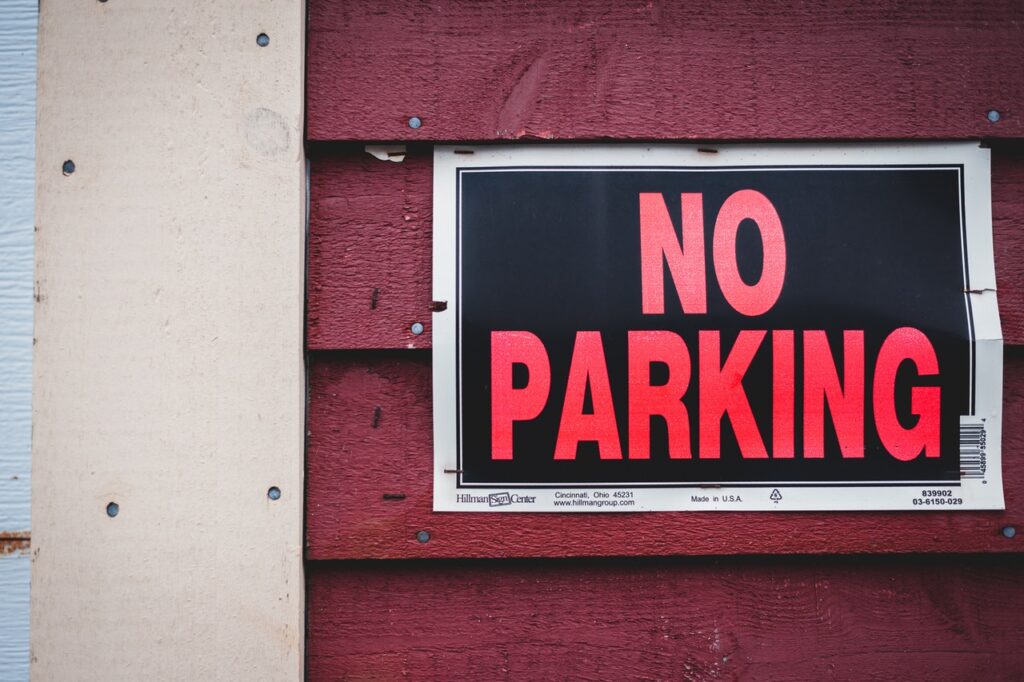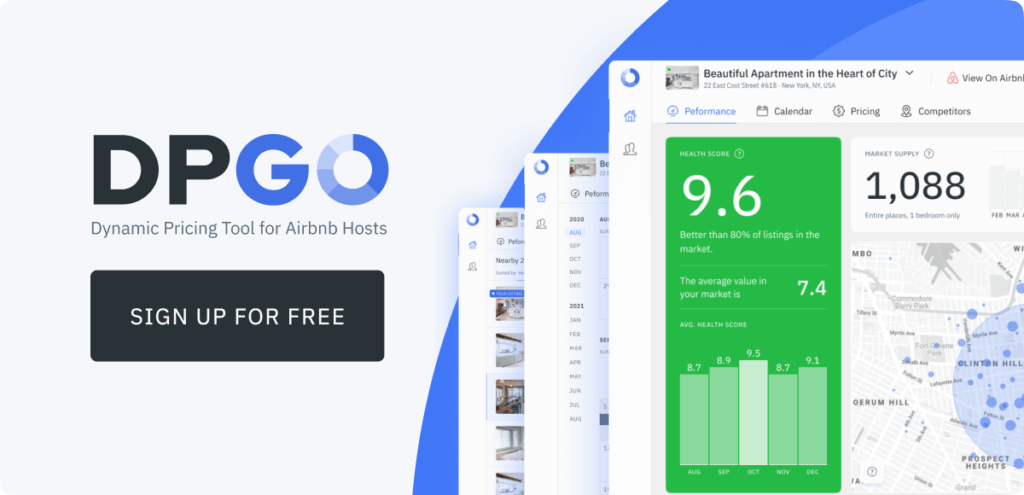Having host rules is critical if you want to prevent your listing from suffering possible damage. If you don’t clearly set out and display your house rules, then guests cannot be held responsible for not meeting your expectations. Of course, you don’t need to state things like ‘do not break windows’ and ‘do not steal the TV’. But guiding your guests can help you run a stress-free vacation rental process.
Your vacation rental house rules really are paramount. They outline boundaries for both you and your guests and allow clean lines of communication. We advocate adding both rules and logistical information into your printed house rules document.
We wanted to draft a really easily customizable template that will allow you to add your rule preferences. You’ll be able to download this template soon, and if you have any questions or queries, you can contact the Support Team via the Support Chat on the homepage or via email at support@dpgo.com.
What Are Vacation Rental House Rules?
This one is an easy question to answer. Vacation rental house rules are a set of standards and boundaries that hosts lay out clearly for their guests to follow. It protects the host’s ability to claim part of their security deposit should the guests break house rules or cause property damage.
Without rules, guests do not know what is expected of them. As we said above, it isn’t your responsibility to explicitly state “do not smash windows” and so on. These instructions are common sense and house rules should rather orientated at things pertaining directly to your listing. These rules include things like locking the pool gate or ensuring that the shower taps are properly switched off, or unplugging the electric heaters when not in use.
What Are the Most Important Rules?
While rules do heavily depend on your listing specifically, there are some basic rules that you’ll need to include always. These are cornerstone rules that prevent your property from damage and ensure that you can claim with Airbnb should your guests damage your property in any way.
1. No Parties
Expressly stating that guests are prohibited from hosting parties in your listing. Airbnb, for example, has had many issues with house parties over the years. It reached fever pitch after initial COVID lockdowns swept the world in March of 2020. Some vacation rental listing hosts do allow parties in their listings, which means that you need to go out of your way to state (in writing) that your guests are not allowed to host parties in your property under any circumstances. This should also be included in your vacation rental agreement, which needs to be signed by your guest to show that they have read and understood your house rules.
2. No Pets
The discussion of pets versus service animals has been raging for years in the world of short-term rentals. Vacation rental listing apps like Airbnb are clear in their rules and expectations. Airbnb allows service animals but allows hosts to reject requests from guests with pets.
Again, this should be in your code of conduct as you’ll need proof that your guest has seen and agreed to your house rules. Some pets can cause damage and their presence can affect the allergies of guests weeks after they have checked out. Hosts will therefore have to put more effort into cleaning or pay their cleaning team for a more in-depth cleaning service.

3. No Smoking
The smell of smoke is one of the hardest things to erase, especially from home interiors. The vast majority of hosts opt to put ‘no smoking’ in their vacation rental house rules because it is so difficult to get rid of the after-effects. According to the CDC, 12.5% of all American adults were active smokers when the survey was performed in early 2020.
We did a search for Airbnb listings in Los Angeles, and we found a total of over 11,000 active listings. Of those listings, only 252 had stated that smoking was permitted. Considering the number of Americans who smoke (13 in every 100) and the number of hosts that allow smoking, there is bound to be a reasonable amount of rule-breaking, so make sure you’re covered!
4. No Firearms
According to the Pew Research Center, four in ten US adults claim to live in a house with a firearm, while 30% confess to owning a gun themselves. While gun ownership is a highly contested issue, hosts have the right to request that no forearms be brought onto their property.
Personal protection is cited as the most common reason for gun ownership in the United States. This becomes slightly more complicated when bringing a firearm onto someone else’s property. As a host, it’s better to be safe than sorry, so putting a ‘no guns’ clause into your house rules will communicate that you do not want guests to bring a firearm onto your property.
5. Parking
If you need your guests to park in certain areas, you’ll have to make that clear in your house rules. Stating, for example, that you do not want people to park on the grass, you’ll need to explicitly state that in your house rules.

Top Tips for Writing House Rules
Whatever your rules are, there are a few things that you need to remember. The members of Team DPGO have written more than their fair share of rules, and these are the little tips and tricks that we’ve picked up over the years!
- Be clear and concise.
- Do not overcomplicate your house rules.
- Send house rules to your guests before check-in.
- Print and display a copy of your rules in your listing property somewhere.
- Be reasonable and try to remember that guests are on holiday. They will not have a happy experience if you regiment every aspect of their stay in your listing.

How Can DPGO Help?
Years ago, the original founders of DPGO were searching for a dynamic pricing engine that ticked all of the boxes. After months of searching and finding nothing, they decided to create one of their own. This is how DPGO was born.
Here we are years later, offering the most affordable dynamic pricing and revenue management tools on the market today. We’ve designed a range of access options for hosts across North America and our global takeover is coming very soon!
To start your optimization journey with DPGO, click on the banner above and register for your free 30-day trial!




Comments are closed.